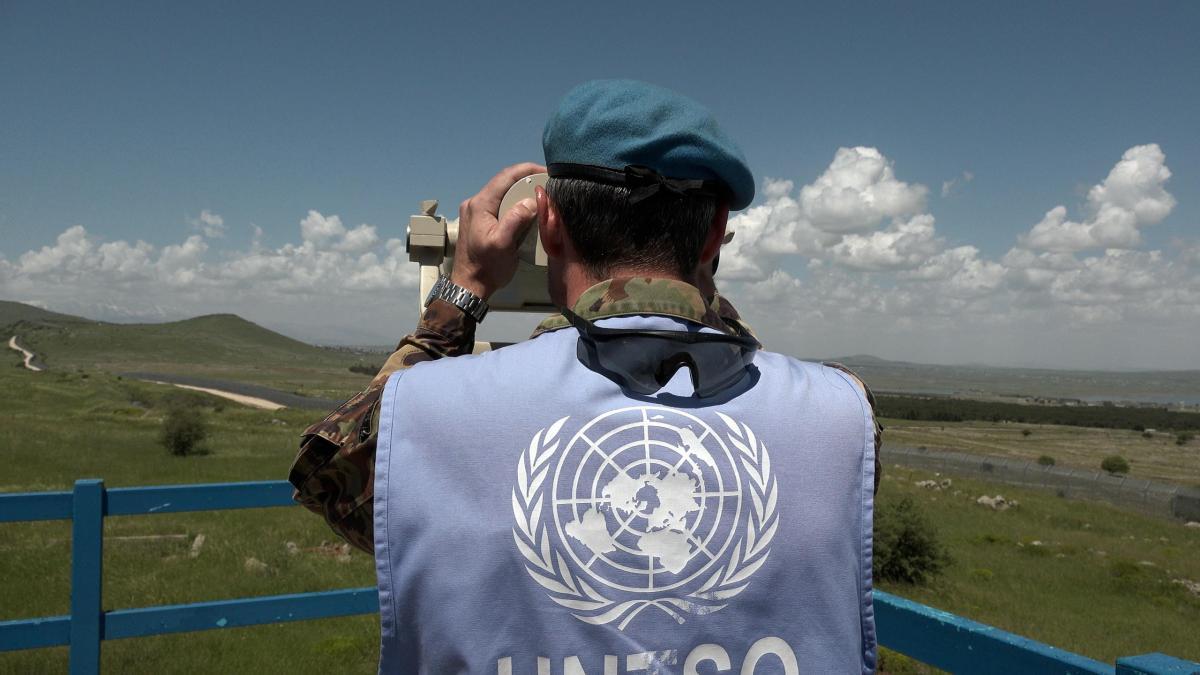
What Is UNIFIL And How Does Switzerland Contribute To Peacekeeping?
An award-winning journalist and Head of the Arabic Department at SWI swissinfo. She has worked for several Arab and International media outlets before moving to Switzerland in 2021. She covers human rights, migration, and foreign affairs.
-
More from this auth
Arabic Departme
Deployed in southern Lebanon, the UN Interim Force in Lebanon (UNIFIL) is presently a 10,000-strong peacekeeping force. It was established in March 1978 by the UN Security Council following Israel's first invasion of Lebanon, which came in response to Palestinian attacks from the country. UNIFIL's initial mandate was to confirm the withdrawal of Israeli forces from Lebanon, restore international peace and security, and assist the Lebanese government in re-establishing authority in the area.
UNIFIL is primarily made up of members of national military and police services who have been seconded to work with the UN, although a small percentage are civilians. European countries contributing to UNIFIL include Italy, France, Spain and Ireland. Italy is the largest Western contributor in terms of troop numbers, with almost 900 soldiers deployed. Indonesia is the largest overall contributor of troops to the mission, with 1,231.
External Content Embed: How has UNIFIL's mission evolved?UNIFIL has faced significant challenges over the decades. Changes to its mandate have mirrored the military developments between Israel and Lebanon.
In June 1982, Israel launched a second invasion of Lebanon. This set the stage for the creation of a security zone in southern Lebanon which Israel maintained, with the support of the Christian-dominated South Lebanon Army (SLA), until 2000. The Iran-backed Hezbollah emerged in resistance to Israel's second occupation and became a powerful political and military presence in Lebanon.
Israel announced its complete withdrawal from Lebanon in April 2000. By May, the Israel Defense Forces (IDF) and SLA forces had pulled out, leading the UN to establish the so-called Blue Line to verify the withdrawal, marking the end of the occupation. In October that year, the UN Security Council endorsed this development with Resolution 1310, encouraging Lebanon to strengthen its presence in the south, which was by then a Hezbollah stronghold.

Legal Disclaimer:
MENAFN provides the
information “as is” without warranty of any kind. We do not accept
any responsibility or liability for the accuracy, content, images,
videos, licenses, completeness, legality, or reliability of the information
contained in this article. If you have any complaints or copyright
issues related to this article, kindly contact the provider above.


















Comments
No comment